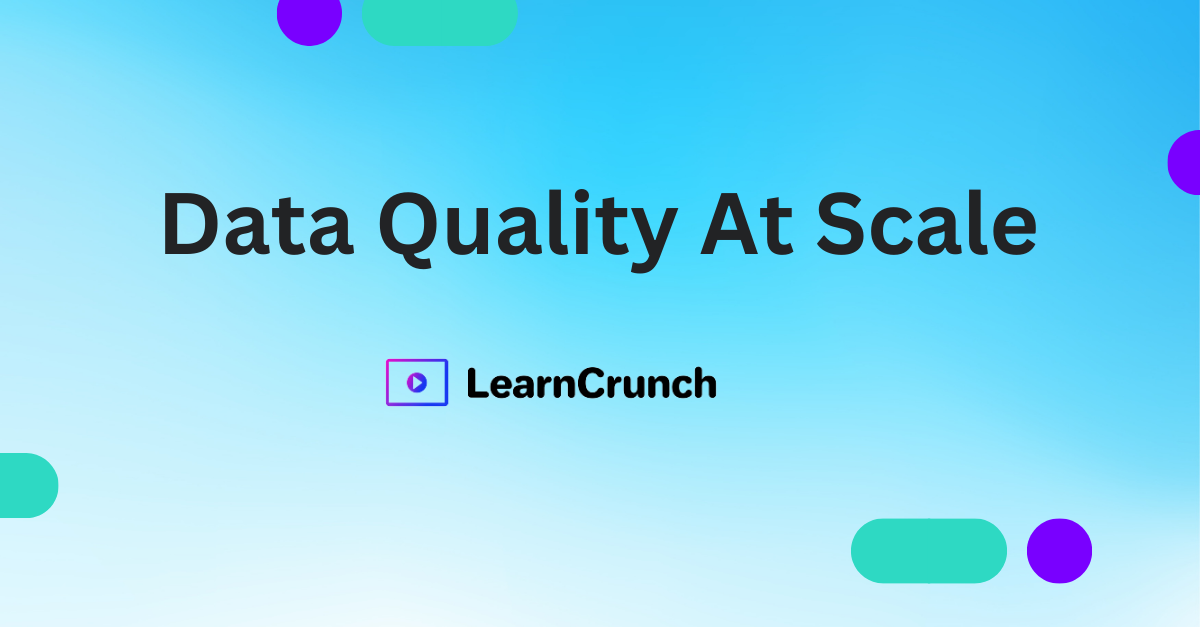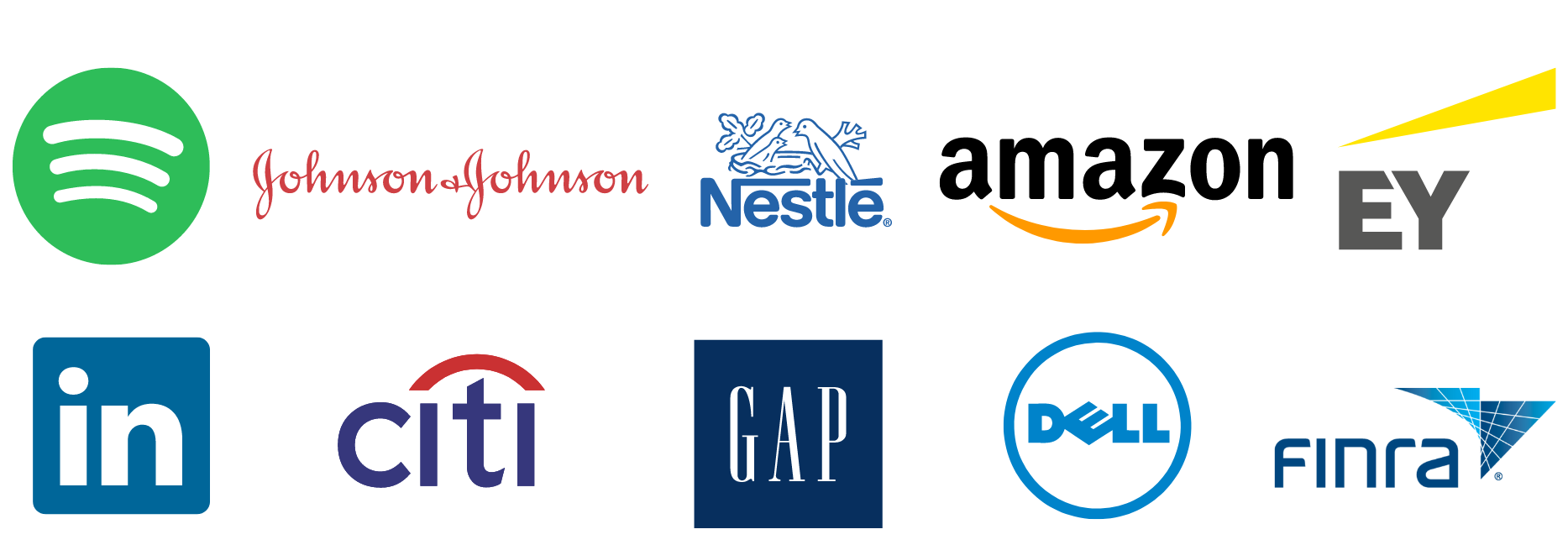
Data Quality At Scale
This course is designed to provide learners with a comprehensive understanding of the concept of data observability and its significance in data-driven decision-making.

This course is designed to provide learners with a comprehensive understanding of the concept of data observability and its significance in data-driven decision-making.



Chad writes on Data Management, Contracts, and Product monthly. He believes that applying product thinking to holistic data challenges is the only way to make trustworthy decisions at scale. He has built everything from feature stores, experimentation platforms, metrics layers, streaming platforms, analytics tools, data discovery systems, and workflow development platforms.
Finally, he has implemented open source, SaaS products (early and late stage) and has built cutting edge technology from the ground up.
Understanding where in the data pipeline problems occur, and what peoples’ roles are is a crucial first step to detecting and preventing data quality issues. In this session, we will:
By the end of the session, learners will be able to:
Garbage in - garbage out: The quality of your data model is determined by the quality of its data inputs. In this session, we will:
By the end of the session, learners will be able to:
With your requirements defined, we can now move onto implementing the technical solution for your data observability system. In this session, we will:
By the end of the session, learners will be able to:
Data Contracts are API-like agreements between software engineers who produce operational data and data consumers who use them for business-critical analytics. In this session, we will:
By the end of the session, learners will be able to:
With a well-defined data contract in place, you need to enforce it in production and monitor it for any bugs slipping through. In this session, we will:
By the end of the session, learners will be able to:


Bite-sized daily lessons that you can easily fit into your schedule. Each day, we release new lessons no longer than 15 minutes. Our lessons are carefully curated to ensure that they're both engaging and informative, allowing you to learn something new every day, and at your own pace.
Collaborate with other engineers from around the world, providing you with a unique opportunity to learn from others and build your professional network.

Our live learning sessions are designed to be interactive and engaging, giving you the opportunity to ask questions and interact with subject-matter experts.



Learn by solving real-world problems. Our courses are designed to get rid of the fluff and provide you with the most relevant information to help you apply your learning.


Fill in your details and we’ll reach out to you within 24h.